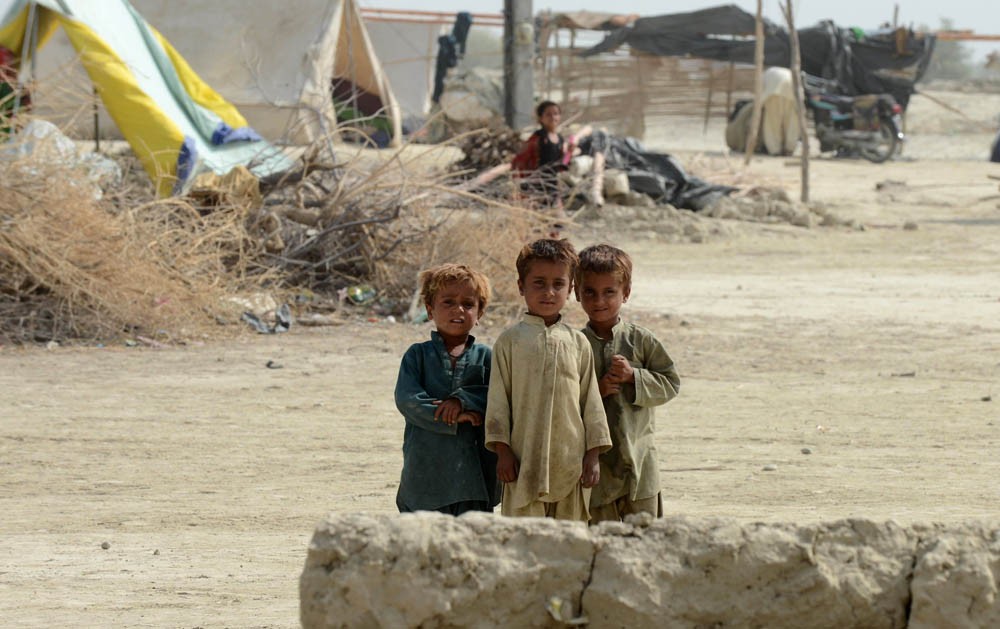
Seventy Five Years after Independence, Pakistan still has many archaic colonial-era laws and primitive policing strategies. A new study by the Human Rights Commission of Pakistan proposes ways to repeal and review these laws and elaborate recommendations to the legislature, executive as well as law enforcement agencies to ensure fulfilment of the right to peaceful assembly as per international human rights law standards.
This study titled “Freedom of Peaceful Assembly in Pakistan: A Legislative Review” involves the HRCP and a high-profile working group, including Hina Jilani, Farhatullah Babar, Habib Tahir, Reema Omer and Saroop Ijaz, and Asfand Yar Warraich.
According to a press statement released by HRCP “The right to peaceful assembly is a cornerstone of any democratic society. The study provides an analysis of this right as enshrined in Article 16 of Pakistan’s constitution as well as offers a review of legal provisions and procedures that impact it.”
HRCP conducted “a detailed mapping of assemblies from years 2010 to 2020 through this study, to find that disproportionate curbs were placed on at least 392 of the 858 assemblies surveyed; these included excessive use of force, arbitrary and politically motivated arrests and detentions, registration of criminal or terrorism charges, and the imposition of moratoriums on assemblies for extended periods of time for no valid reason.”
The study “proposes creating and enforcing better protocols for law enforcement agencies that involve training in human rights and crowd-management practices, with an emphasis on minimal use of force; allowing unrestricted media and digital access to assemblies; and facilitating free speech and movement for all assemblies rather than imposing content-based restrictions or blockading routes.”
![]()





